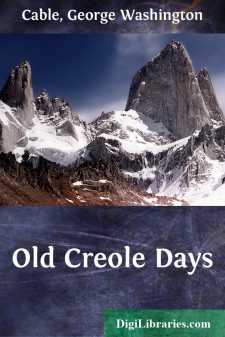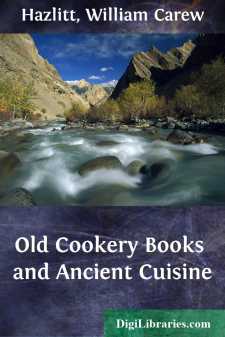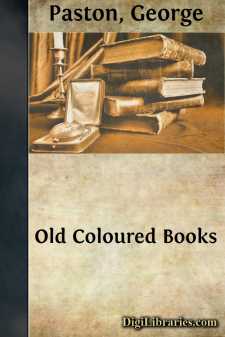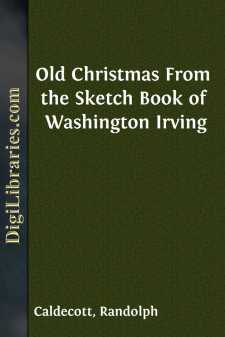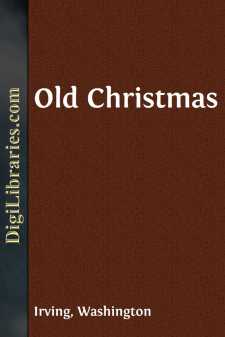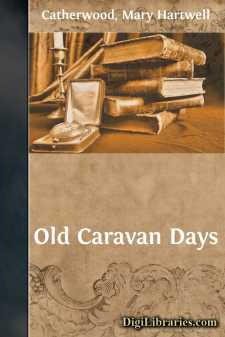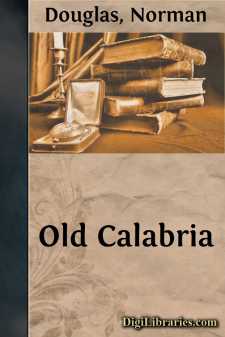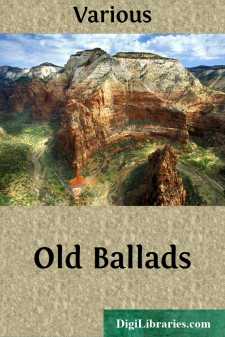Categories
- Antiques & Collectibles 13
- Architecture 36
- Art 48
- Bibles 22
- Biography & Autobiography 813
- Body, Mind & Spirit 142
- Business & Economics 28
- Children's Books 13
- Children's Fiction 10
- Computers 4
- Cooking 94
- Crafts & Hobbies 4
- Drama 346
- Education 46
- Family & Relationships 57
- Fiction 11828
- Games 19
- Gardening 17
- Health & Fitness 34
- History 1377
- House & Home 1
- Humor 147
- Juvenile Fiction 1873
- Juvenile Nonfiction 202
- Language Arts & Disciplines 88
- Law 16
- Literary Collections 686
- Literary Criticism 179
- Mathematics 13
- Medical 41
- Music 40
- Nature 179
- Non-Classifiable 1768
- Performing Arts 7
- Periodicals 1453
- Philosophy 64
- Photography 2
- Poetry 896
- Political Science 203
- Psychology 42
- Reference 154
- Religion 513
- Science 126
- Self-Help 84
- Social Science 81
- Sports & Recreation 34
- Study Aids 3
- Technology & Engineering 59
- Transportation 23
- Travel 463
- True Crime 29
Sort by:
by:
Thomas Hodson
Preface. I can now, in my mind’s eye, see Chickka, the washerman, as if I had met him yesterday; and I can see the mud houses of Singonahully, the mud wall of the village, and the temple of Runga, as if they were all before me. Yet five and thirty years are passed and gone since the afternoon when, in quest of medical aid, I rode past the village, hoping yet to see it the abode of many follower’s...
more...
by:
Alice Brown
John Raven sat in the library of his shabby, yet dignified Boston house, waiting for Richard Powell, his nephew, whom he had summoned for an intimate talk. He was sitting by the fire making a pretense of reading the evening paper, but really he was prefiguring the coming interview, dreading it a good deal, and chiefly for the reason that there was an argument to be presented, and for this he was...
more...
CHAPTER I. AN OLD HOUSE. A few steps from the St. Charles Hotel, in New Orleans, brings you to and across Canal Street, the central avenue of the city, and to that corner where the flower-women sit at the inner and outer edges of the arcaded sidewalk, and make the air sweet with their fragrant merchandise. The crowdвÐâand if it is near the time of the carnival it will be...
more...
THE EARLY ENGLISHMAN AND HIS FOOD. William of Malmesbury particularly dwells on the broad line of distinction still existing between the southern English and the folk of the more northerly districts in his day, twelve hundred years after the visit of Caesar. He says that they were then (about A.D. 1150) as different as if they had been different races; and so in fact they were—different in their...
more...
by:
George Paston
It is an unromantic fact, but one which cannot fail to be of interest at the present time, that the remarkable development of the graver's art in England during the latter part of the eighteenth century was due, in a measure at least, to—Protection. In the middle of the century our trade in engravings was still an import one, English print-sellers being obliged to pay hard cash for the prints...
more...
Before the remembrance of the good old times, so fast passing, should have entirely passed away, the present artist, R. Caldecott, and engraver, James D. Cooper, planned to illustrate Washington Irving's "Old Christmas" in this manner. Their primary idea was to carry out the principle of the Sketch Book, by incorporating the designs with the text. Throughout they have worked together and...
more...
Christmas There is nothing in England that exercises a more delightful spell over my imagination than the lingerings of the holiday customs and rural games of former times. They recall the pictures my fancy used to draw in the May morning of life, when as yet I only knew the world through books, and believed it to be all that poets had painted it; and they bring with them the flavour of those honest...
more...
CHAPTER I. THE START. In the year eighteen hundred and fifty-seven, on the fifth day of June, the Padgett carriage-horses faced the west, and their mistress gathered the lines into her mitted hands. The moving-wagon was ready in front of the carriage. It was to be driven by Zene, the lame hired man. Zene was taking a last drink from that well at the edge of the garden, which lay so deep that your face...
more...
by:
Norman Douglas
SARACEN LUCERA I find it hard to sum up in one word the character of Lucera—the effect it produces on the mind; one sees so many towns that the freshness of their images becomes blurred. The houses are low but not undignified; the streets regular and clean; there is electric light and somewhat indifferent accommodation for travellers; an infinity of barbers and chemists. Nothing remarkable in all...
more...
by:
Various
COME, LASSES AND LADS. Come, lasses and lads, get leave of your dads, And away to the Maypole hie,For ev'ry fair has a sweetheart there, And the fiddler's standing by; For Willy shall dance with Jane, And Johnny has got his Joan,To trip it, trip it, trip it, trip it, Trip it up and down! "You're out," says Dick; "not I," says...
more...




